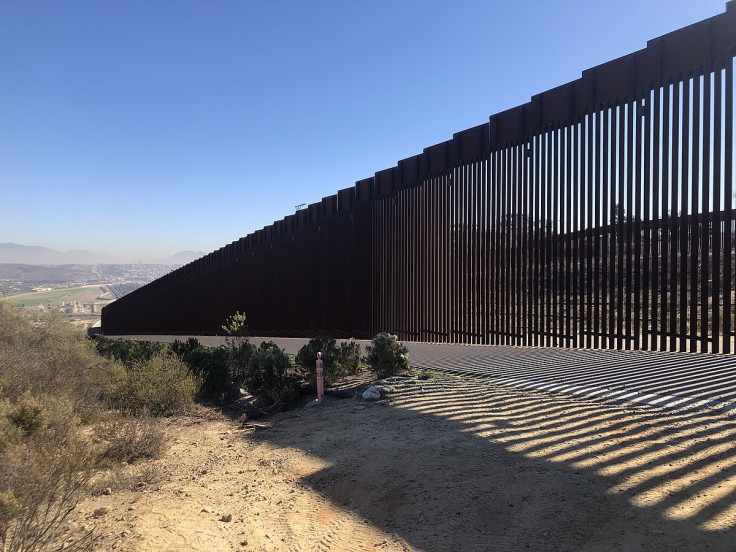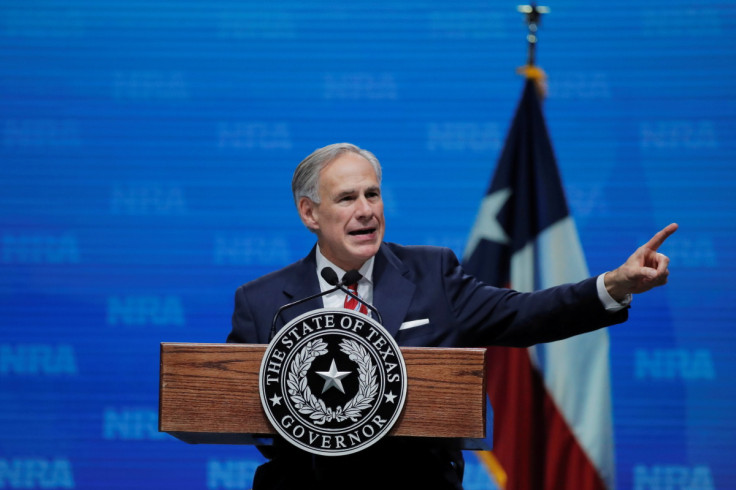
A Texas judge has temporarily blocked the Biden administration from redirecting some $1.4 billion that Congress allocated to building additional border wall years ago during the Trump administration.
District Judge Drew Tipton issued a temporary injunction with the order last week. He rejected the Biden administration's argument that it has discretion in how to spend approved funds, saying that its "spending decisions run afoul" of administrative law.
Tipton said that Texas proved that the funds "would result in fewer illegal aliens entering the country" and gave the government seven days to appeal the ruling.
State Attorney General Ken Paxton celebrated the decision, saying the Biden administration "acted completely improperly by refusing to spend the money that Congress appropriated for border wall construction, and even attempting to redirect those funds." ""His actions demonstrate his desperation for open borders at any cost, but Texas has prevailed," he added.
The Texas Tribune reported on Thursday that, in the meantime, the Biden administration has used the funds for different purposes, including "closing gaps of current border barriers, environmental remediation, clean-up efforts and erecting 15-foot concrete panels topped with 6-foot steel bollards in the Rio Grande Valley."
However, the government has said its required by law to continue part of the construction because Congress allocated the money for it in 2019. "I tried to get them to reappropriate it, to redirect that money," Biden said when justifying the decision. "They didn't. They wouldn't. And in the meantime, there's nothing under the law other than they have to use the money for what it was appropriated. I can't stop that."
The legal clash is just one of many between the Biden and Abbott administrations, at odds over the implementation of immigration policies along the southern border. One of them has already made it to the Supreme Court: it concerns SB4, the Texas law that allows state law enforcement to arrest and potentially deport migrants suspected of crossing the southern border illegally.

On Tuesday, Supreme Court Justice Samuel Alito extended the suspension of the law, continuing an administrative stay of a lower court that paved the way for its implementation. The measure was set to expire on Wednesday, but Alito extended it through next Monday, March 18.
The highest court in the country intervened last Monday following a request by the Justice Department. Had it not done it, the law would have gone into effect last week, as an appeals court granted a stay on a rejection of the measure by a lower court.
The Department of Justice told the Supreme Court that the law would alter "the status quo that has existed between the United States and the States in the context of immigration for almost 150 years." It also said immigration is an issue that falls solely within the authority of the federal government. And, on a separate note, that the law would have "significant and immediate adverse effects" on the country's relationship with Mexico.
The arguments are similar to those given by David Ezra, the federal judge who initially halted the law. He said that SB4 "could open the door to each state passing its own version of immigration laws." Ezra added that the law also "threatens the fundamental notion that the United States should regulate immigration with one voice."
However, Texas appealed, and the 5th U.S. Court of Appeals, which granted the stay on the lower court, is set to hear arguments on the merits of the law on April 3.
© 2025 Latin Times. All rights reserved. Do not reproduce without permission.





